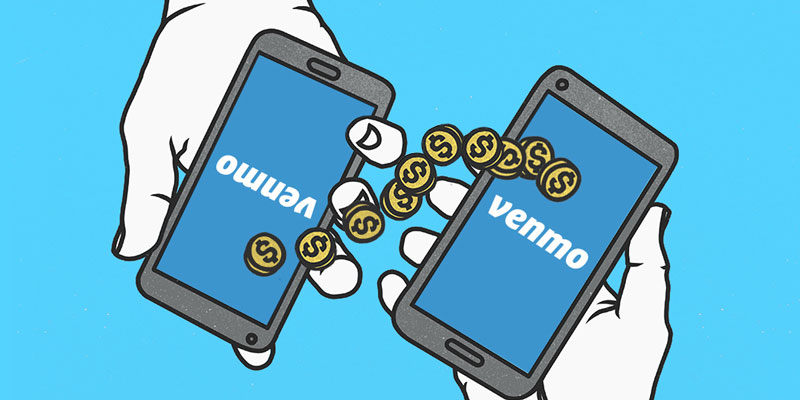Living paycheck to paycheck is challenging. It means using up your entire paycheck before receiving the following one. This leaves little to no room for unanticipated expenses such as accidents, medical emergencies, and other charges that could deplete your savings. Saving money for long-term goals like retirement, a first house, or paying off credit card or student loan debt becomes more challenging. Use these personal finance tips to break the trend and start saving more money each month.
Set a budget.

You must create a budget to break the cycle of living paycheck to paycheck. Watch every dollar that enters and exits your bank account to start. Add up all of your recurrent monthly expenses and reported income. If your monthly income varies, multiply your yearly profits by twelve if they were a total. The amount can be calculated using a calculator, software, or pen and paper.
After each billing cycle, determine your remaining cash by deducting all of your expenses from your total income. If your expenses exceed your income, you are not making enough money to sustain your current quality of living. Now that you have this data, it's time to start looking for ways to cut your spending and increase your income.
Consider the Important Matters
When making your future budget, it is better to focus on the essentials like food, utilities, housing, and transportation. This can also include anything you need for work, health insurance, and regular doctor visits to maintain your health.
Spending on entertainment, travel and meals at restaurants that aren't necessary should be reduced or stopped altogether. Suspend a few subscriptions or streaming services to start, then add more as you gain more control over your expenditure. Look at your budget once more, but this time leave out these unnecessary expenses to see how much you can save each month.
Be Ready For The Unexpected
Unexpected costs and crises make it harder to break the cycle of living paycheck to paycheck. Start setting aside a modest sum of money each week or month to have some additional cash on hand if you need to pay an unforeseen bill, visit the hospital, or repair your car. Experts advise having at least three months' worth of expenses if things don't work out. Visit our article on how to save money for more tips.
Review your current insurance coverage to find out what might be covered in the event of an emergency or how much you will have to pay out of pocket in the form of deductibles or co-pays.
Become debt-free

Saving money may be next to impossible when you are in debt. This is why paying off your debt as soon as possible is critical. Try providing some extra cash for debt repayment when determining your monthly expenses. Making a larger-than-necessary payment on your credit card, auto loan, student loan, or another high-interest consumer loan is the conventional way to do this. The principal loan amount should decrease monthly, so you don't have to pay as much interest.
Find other ways to lower your monthly expenses. Consider refinancing your current obligations to lock in a lower monthly payment or interest rate. You might also seek a low-interest personal loan to consolidate your debt, which should help you pay it off faster.
You Can Boost Your Income.
Even if it only adds a few additional monthly dollars, try raising your income if you have difficulties keeping up with your expenses. Think about starting a side business or taking on a part-time position.
Starting a business has never been easier. You can start your website, e-commerce venture, or marketing effort if you have a big social media following. Consider selling some of your possessions if you no longer need them and want to improve your financial situation.
Do Not Overbuy.
In the modern world, managing your funds could be challenging. Be cautious of automatic withdrawals that may impact your money, such as those from Netflix and local gym memberships.
Some companies could increase your monthly payment with additional annual fees. It's a good idea to review your subscriptions at least once a year. Any services you haven't used recently should be cancelled, and if you already use some of them, you should consider service packages. For instance, as part of your cell service, your phone provider might include Spotify or Hulu.




